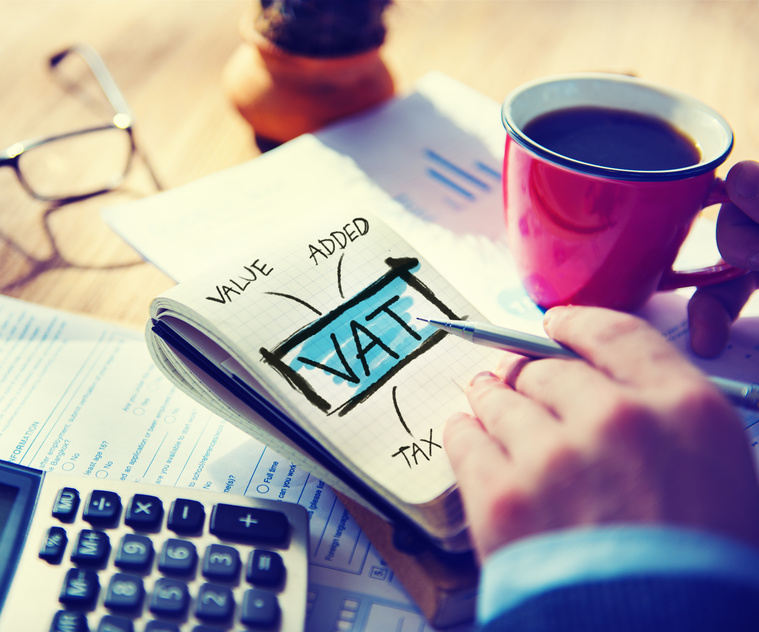Queried VAT invoice proves sufficient on appeal
All too often cases come across my desk and I question whether HMRC is directing precious resources and energy into quite the right pursuits. This unsurprisingly short (and sweet!) FTT judgement is firmly in that category.
Input VAT claim rejected
The appeal involved three purchase invoices received from a subcontractor on which the taxpayer, Fount Construction Limited (FCL), tried to claim input VAT. HMRC disallowed the claim on the grounds that the description of the work performed by the supplier was not detailed enough to meet the requirements of the VAT Regulations 1995.
The description on the contested invoices read "Building works at the above", with the address of a building site in a box above labelled "Job address".
They also set out that VAT was calculated at the standard rate and showed a VAT-exclusive subtotal, the VAT amount and a gross total.
The total amount of VAT reclaimed was £15,218.59.
Rather than use the powers available to request further information about the nature of the work performed by subcontractors to corroborate that the services were standard rated, the investigating officer jumped straight to disallowing the claim, leaving the taxpayer stuck between a rock and a hard place – accept HMRC's refusal to refund the input VAT or embark on a lengthy and potentially costly appeal.
Luckily (as it turned out) for FCL and future taxpayers in a similar bind, the company chose to challenge the tax authority and that appeal was successful.
Appeal allowed
HMRC argued that the regulations require that invoices from a supplier must have a ‘description sufficient to identify the goods or services supplied’ and that description must be detailed enough to confirm ‘that the VAT had a business purpose and was charged at the correct rate'.
Its counsel submitted that the brief description on the invoices did not allow HMRC to tell whether the nature of the work was standard rated, zero rated or reduced rate.
Referring to a previous decision in Deadoc Construction Ltd, the FTT agreed with the previous judge's conclusion that the detail required on an invoice depended on the matter involved.
In the FCL case the judge concluded that a general short description of the nature of the services, along with some identifying information such as the name of the site or date of the works, would be sufficient to meet the VAT regulation requirements.
In the FCL case the judge concluded that a general short description of the nature of the services, along with some identifying information such as the name of the site or date of the works, would be sufficient to meet the VAT regulation requirements.
Allowing the taxpayer's appeal, Judge Frost pointed out: "The invoice is the gateway into any enquiries by HMRC, rather than a repository for the answers to any questions that might be asked.”
Comment
As Mr White, representing FCL, pointed out, the description on an invoice does "not need a novel" to be valid for VAT purposes. That the FTT agreed with this and upheld the appeal is good news not only for those in the building industry, but a wide range of businesses including the accountancy profession where simple descriptions such as "ongoing professional services" are commonplace.
It is open to HMRC to query the validity of input VAT claims and require additional information if invoices are found to be too brief. HMRC will investigate if an invoice doesn't seem to meet the requirements of The Value Added Tax Regulations 1995 Regulation 14, including:
(1)(g) a description sufficient to identify the goods or services supplied; and
(h) for each description, the quantity of the goods or the extent of the services, and the rate of VAT and the amount payable, excluding VAT, expressed in any currency.
It is wise to be mindful of this when submitting claims, if only to save the hassle of an HMRC challenge.
